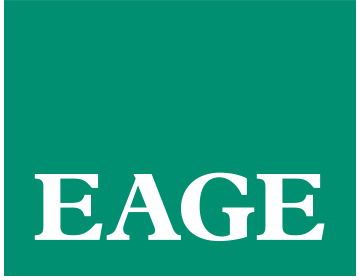EAGE recognizes and honours the scientific advances and achievements made by its members. By nominating your colleagues to 2023 EAGE Awards, you help them stand out from the crowd, giving visibility to their outstanding contributions for the geoscience and engineering fields.
Nomination deadline: 31 October 2022.
Nominate here Nomination guidelines
The categories open for nominations are:
- Desiderius Erasmus Award: Award for Lifetime Contribution in the field of resource exploration and development.
- Honorary Memberships: Award for highly significant and distinguished contribution to the geoscience community at large or to the Association in particular.
- Conrad Schlumberger Award: Award for Outstanding Contribution to the scientific and technical advancement of geophysics.
- Alfred Wegener Award: Award for Outstanding Contribution to the scientific and technical advancement of petroleum geoscience and engineering.
- Arie van Weelden Award: Award for a Young Professional who has made a highly significant contribution to one or more of the disciplines in our Association.
The award selection process is carried out by the EAGE Awards Committee on a confidential basis, with final approval of all recommendations by the EAGE Board. It is crucial that your candidate should not be aware that he or she has been nominated.
The winners will be announced during the Opening session of the 84th EAGE Annual Conference & Exhibition in Vienna, Austria.






